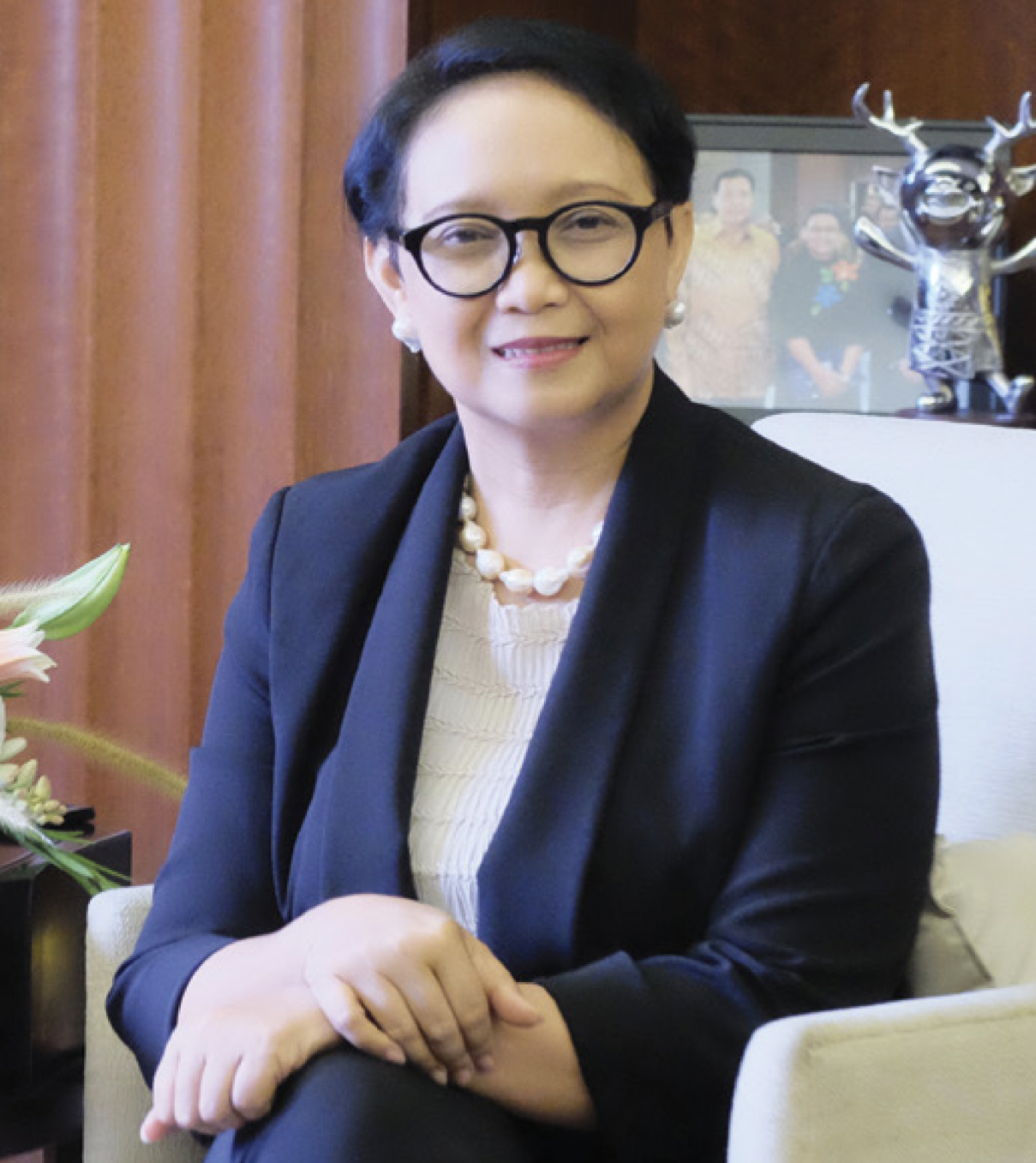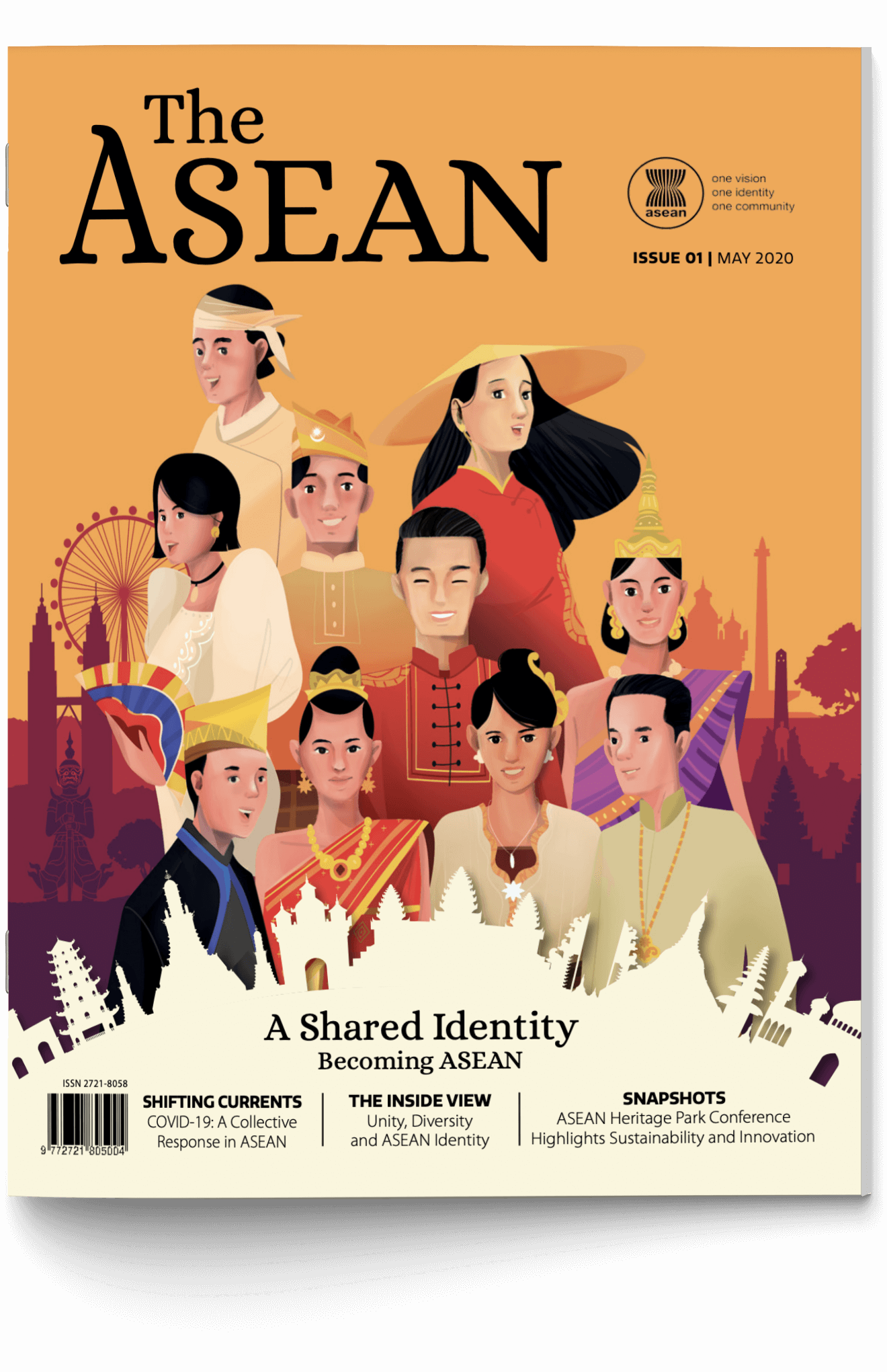
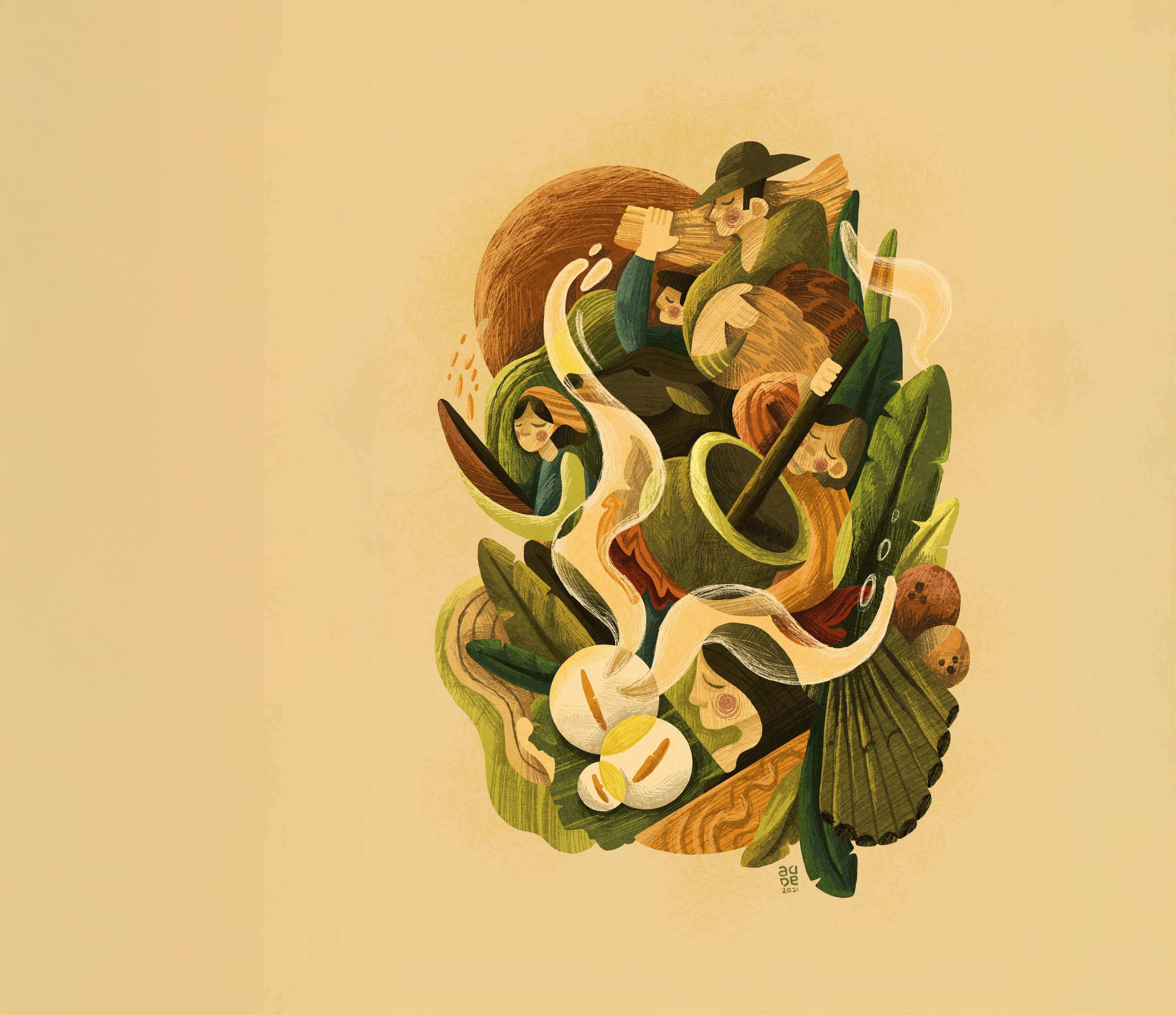
Subscribe to our newsletter:

Issue 01
May 2020
A Shared Identity
Becoming ASEAN
Download:
Inside this Edition
Themes

7 May 2020
ASEAN Identity and Community Building
Strangers in Our Own Neighbourhood: Why Southeast Asians need to learn about Southeast Asia
Allow me to begin with an anecdote that I believe sums up my concern in this article: Several years ago, while filming a documentary series about our common Southeast Asian history and identity, I persuaded the TV crew to indulge me in a social experiment of sorts.

7 May 2020
ASEAN Identity and Community Building, Youth
Empowering ASEAN Youth, One Initiative at a Time
The ASEAN Foundation understands the importance of developing the youth as leaders of tomorrow.

7 May 2020
ASEAN Identity and Community Building, Culture
Celebrating ASEAN Identity: Now and beyond
ASEAN is taking concrete steps to create meaningful conversations on ASEAN Identity, in both official and public discourse.

7 May 2020
ASEAN Identity and Community Building
ASEAN Identity Logo Design Winners
Three young graphic designers from the Philippines, Myanmar, and Malaysia showcased their creative interpretations of what ASEAN means to them, at a week-long ASEAN Identity logo exhibition recently held at the ASEAN Secretariat, Jakarta.
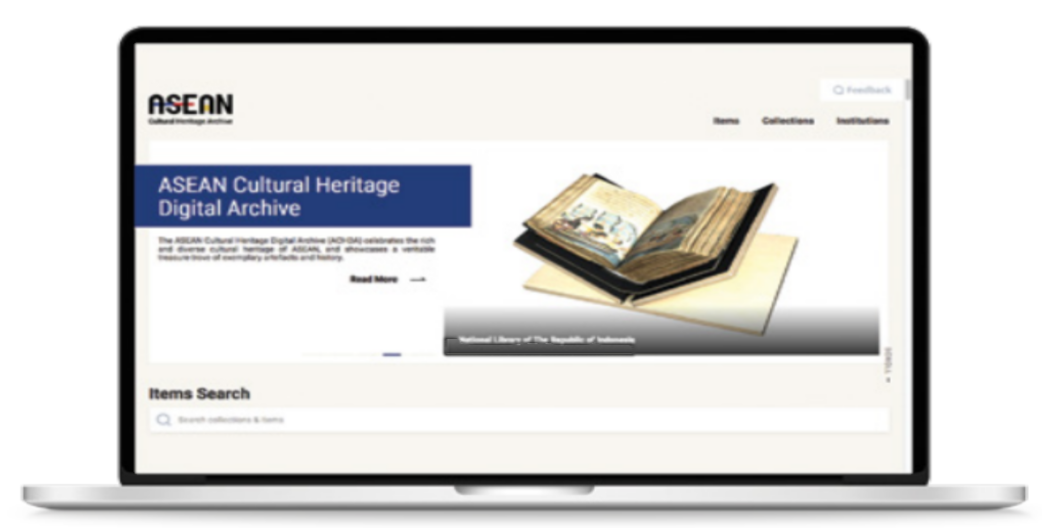
7 May 2020
ASEAN Identity and Community Building, Culture
ASEAN Going Digital to Preserve the Region’s Cultural Heritage
Take a virtual journey to Southeast Asia’s museums, galleries, and libraries.

7 May 2020
ASEAN Identity and Community Building
COVID-19: A Collective Response in ASEAN
The ASEAN Health Sector immediately responded to the threat of a growing outbreak, as soon as it received the report from China, in early January, of unexplained pneumonia clusters in Wuhan. Existing national and regional mechanisms were activated to detect, prevent, and respond to the new coronavirus disease.

7 May 2020
ASEAN Identity and Community Building, Culture, Youth
ASEAN: Your Identity (Poll on ASEAN Awareness 2018)
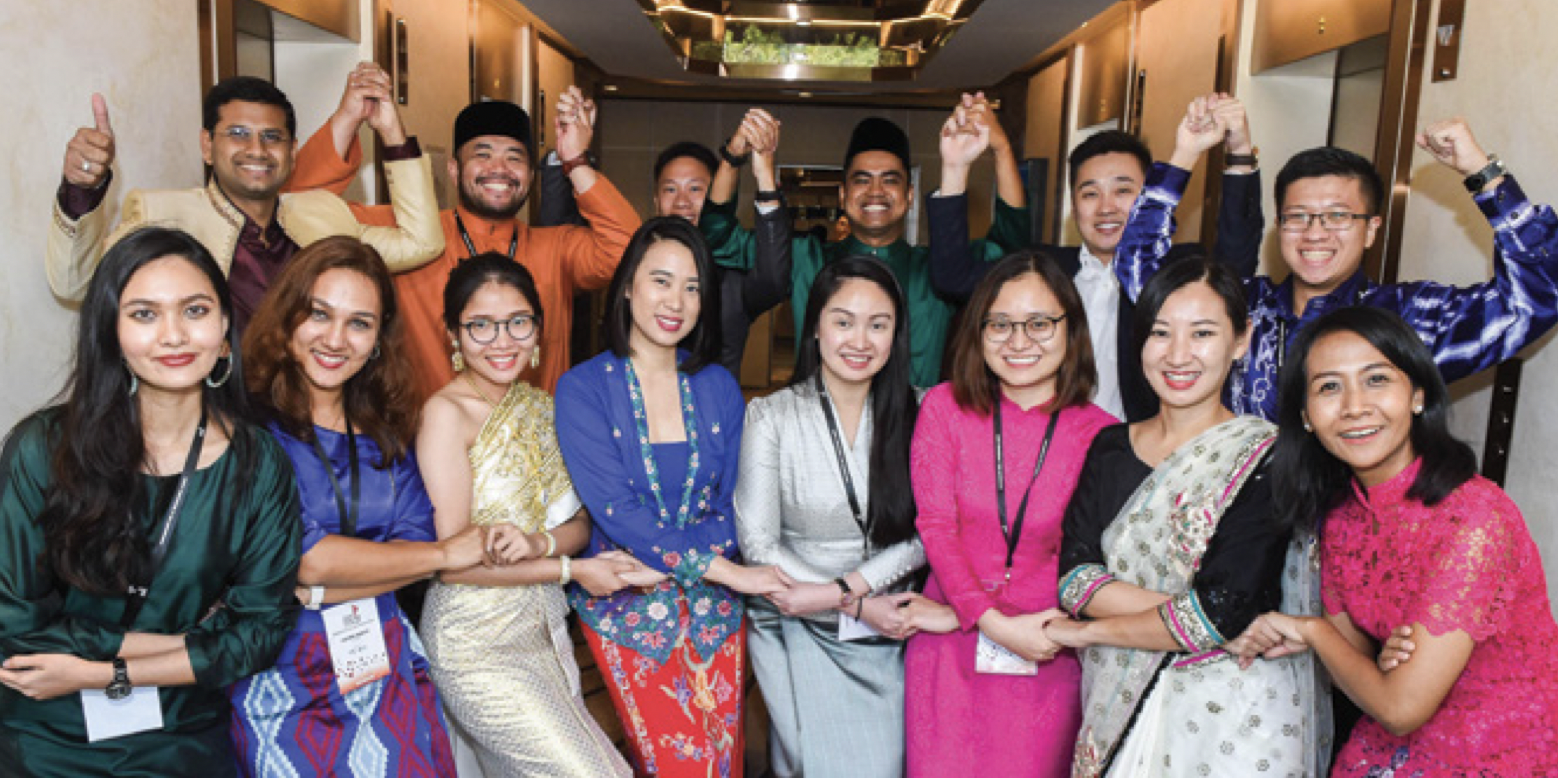
7 May 2020
ASEAN Identity and Community Building
Unity, Diversity, and the ASEAN Identity
I have always been a bit of a polyglot. Ethnically, my mother is half-Malay and almost half-Pakistani—with a smattering of Chinese from her great-grandmother (who was adopted and raised by their Pakistani family).
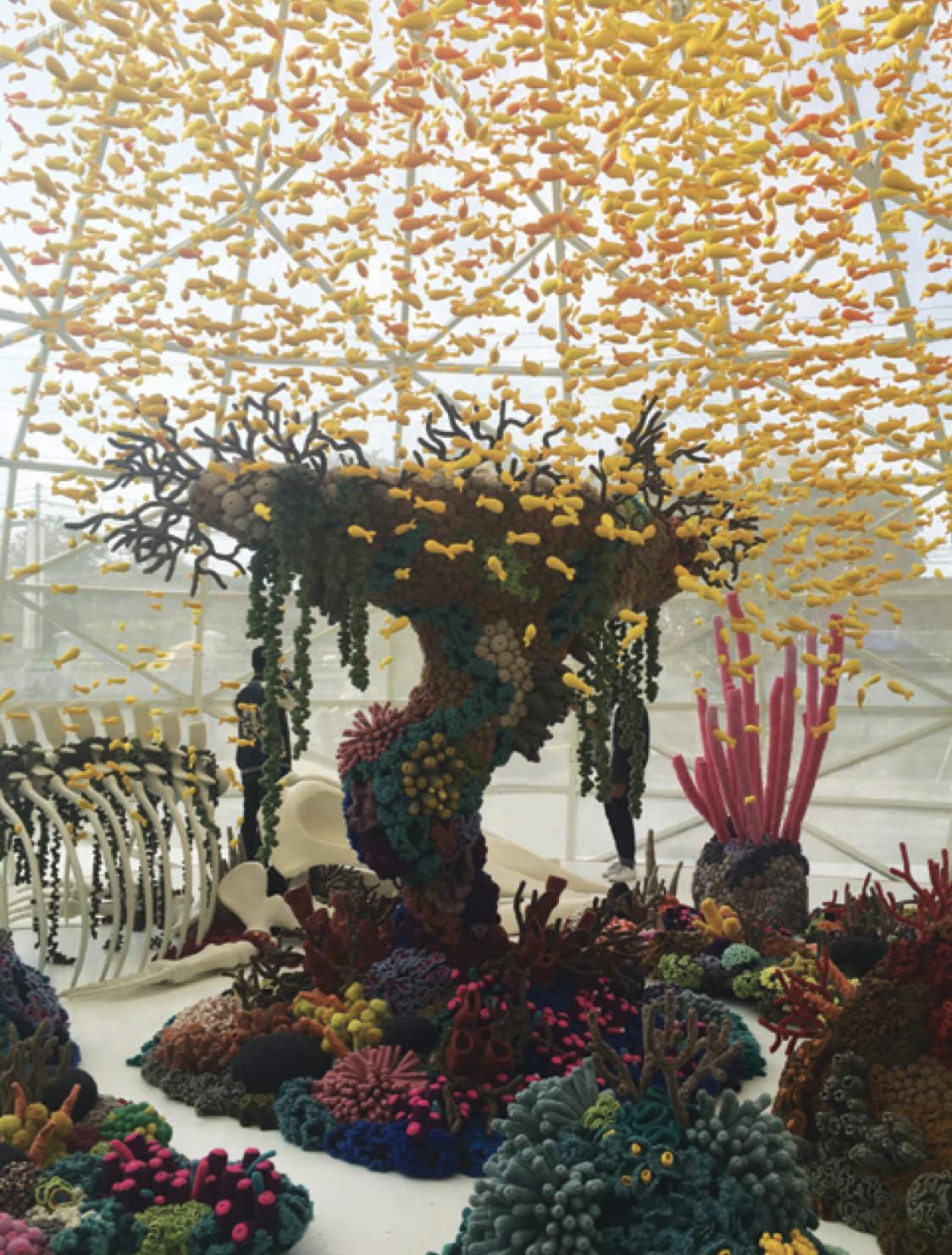
7 May 2020
ASEAN Identity and Community Building
Fostering ASEAN Identity through Collaborative Efforts in Cultural Ecosystem
Identity is not inscribed in stone and fixed for all eternity. It is an ongoing process of being and becoming, never truly reaching a standstill.

7 May 2020
ASEAN Identity and Community Building, Health and COVID-19
Stop the Prejudice, a Virus Has No Race
On February 2, 2020, a video of a blindfolded and masked man standing in a plaza in Firenze, Italy, was posted on social media.

7 May 2020
Health and COVID-19
Fighting fear and Fake News in a Pandemic
Seeking information in the digital era is as easy as clicking a link on our mobile phone. But during the current health crisis, clicking one might lead to misinformation.

7 May 2020
ASEAN Identity and Community Building, Gender
Women on the Frontlines of Peace and Security
Women’s increased participation in all stages of the peace process and decision-making, from deterrence to post-conflict reconstruction efforts, is key to attaining long-lasting peace and security.

7 May 2020
ASEAN Identity and Community Building, Environment
ASEAN Heritage Parks Conference Highlights Sustainability and Innovations
ASEAN Heritage Parks (AHP) are Southeast Asia’s natural treasures. To date, there are 49 AHPs, each embodying the rich and diverse species and ecosystems of the ASEAN region.

7 May 2020
ASEAN Identity and Community Building
ASEAN Member States Seek Growth of Their Creative Economies
How can ASEAN Member States expand their creative economies? This was the central question that 30 participants mulled over at the regional workshop on creative economy held in Bali, Indonesia, on 4-5 September 2019.
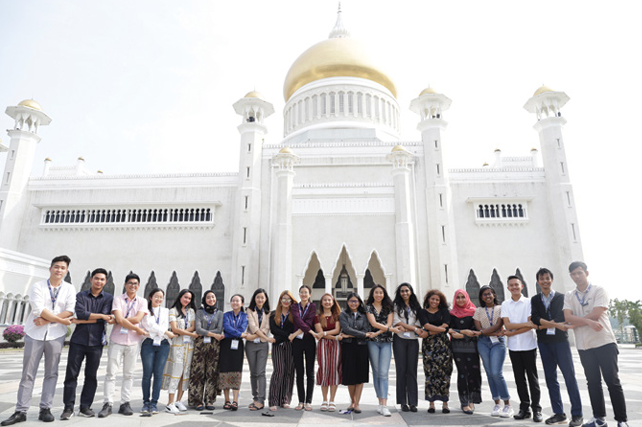
7 May 2020
ASEAN Identity and Community Building, Youth
Aspiring Journalists Participate in Bandar Seri Begawan Training Workshop on Social Journalism
Twenty aspiring journalists from 10 ASEAN Member States returned to their home countries armed with newfound knowledge and skills in social journalism, thanks to a training workshop held in Bandar Seri Begawan, Brunei Darussalam on 16-19 September 2019.

7 May 2020
ASEAN Identity and Community Building
What is the ASEAN Socio-Cultural Community (ASCC)?
In 2003, ASEAN Leaders adopted the Declaration of ASEAN Concord II (also known as the Bali Concord II), which established an ASEAN Community consisting of three pillars.
Interviews
Conversations
-

